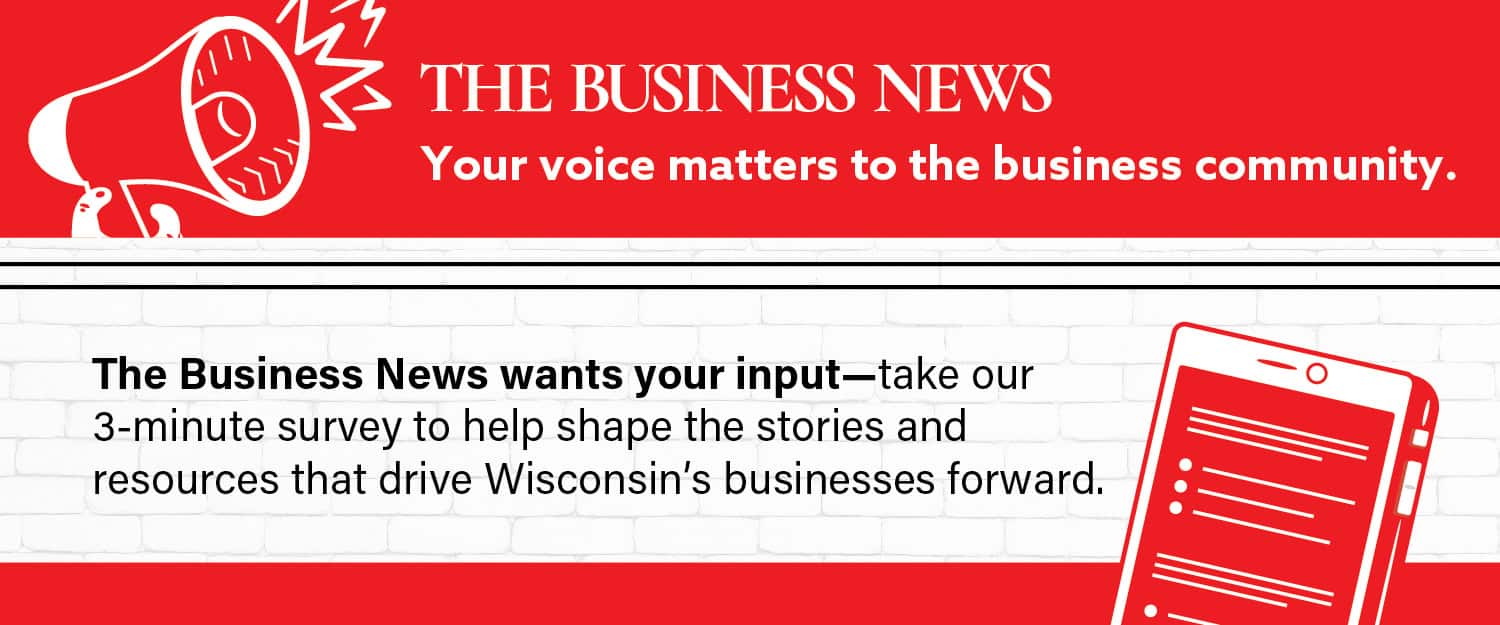
June 28, 2023
Employees and their organizations have been navigating a tumultuous employment environment for the last several years.
From flexible or remote working arrangements driven by the COVID-19 pandemic to the Great Resignation and related staffing shortages to economy-driven layoffs – it’s been a wild ride.
Despite the whiplash we may have endured from all of the twists and turns, a simple truth remains – the majority of businesses still need capable people to produce products and deliver services.
Thus, the development of a talented workforce remains paramount to a company’s success.
It may, in fact, be more important than ever to update your company’s approach to talent development to help your employees become more capable and retain them, which can save time and money.
As you create or revise your company’s talent development program, take note of the three following considerations to help ensure that it hits the mark with today’s workforce.
Include greater transparency
First, research suggests the workforce is craving greater transparency than ever before.
While this certainly includes clear communication about potential layoffs or business changes that may affect employees’ lives, which is understandable given the unexpected shifts we have lived through in recent years, it also includes greater transparency regarding professional development and career advancement.
In terms of talent development, transparency includes:
A clear view of where employees stand in terms of performance and promotability.Guidance regarding actions to be taken or resources to be utilized to improve performance, as needed.Realistic timelines and discussions about pathways for advancement opportunities.A training roadmap that highlights how the training, mentorship and networking opportunities your company offers will help employees to move forward.
Develop social skills
Second, according to a January 2023 article in the Harvard Business Review (HBR) entitled “9 Trends That Will Shape Work in 2023 and Beyond,” your updated talent development program should also address “workforce-wide erosion of social skills.”
The article points out that the majority of Generation Z (born 1997-2013) employees believe their education has not prepared them to manage themselves appropriately or effectively within their organizations.
Gen Z is certainly not alone in the erosion of their social skills in the workplace since the start of the pandemic, though.
This means your company’s training modules should:
Include content that explains appropriate social skills, etiquette and expectations in the workplace. It can sometimes be impactful to employees for training materials to clearly connect social or team behavioral expectations to your company’s core values or mission.Provide examples and information about best practices for communicating with others within the organization. Some employees may appreciate an explanation as to why clear communication, collaboration and cooperation contribute to the success of the organization.Include planned interaction with co-workers. Ideally, employees will take part in breakout discussion groups and/or group activities to enhance their understanding or application of the material, which can occur regardless of whether the workshops are in-person or virtual. Many also prefer training that includes some level of joviality or entertainment – which we in the training and development industry sometimes refer to as edutainment.
Teach workplace basics
Finally, don’t make any assumptions about what the emerging workforce knows about workplace basics.
Onboarding and orientation to your company should include clear expectations about when to arrive, how many hours a week to work, how to dress, how to conduct themselves, etc.
If HBR’s research is accurate about how the majority of Gen Z employees do not believe their education thus far has adequately prepared them to be effective in the workplace, it behooves you to invest in training or mentoring opportunities to prepare them – as well as employees from every other generational cohort – to be set up for success.
Take the time to ensure your organization has updated its talent development program to better align with today’s workforce and the current employment environment.
Younger employees, in particular, are craving training, mentorship and coaching.
Consider whether your current investment in their development is adequate to produce the results you desire.
Terri Jacke is an executive coach and organizational development consultant with Inspired Training Institute, Inc.
 Multi-generational tree farm kicks off holiday season
Multi-generational tree farm kicks off holiday season A renewed partnership
A renewed partnership








